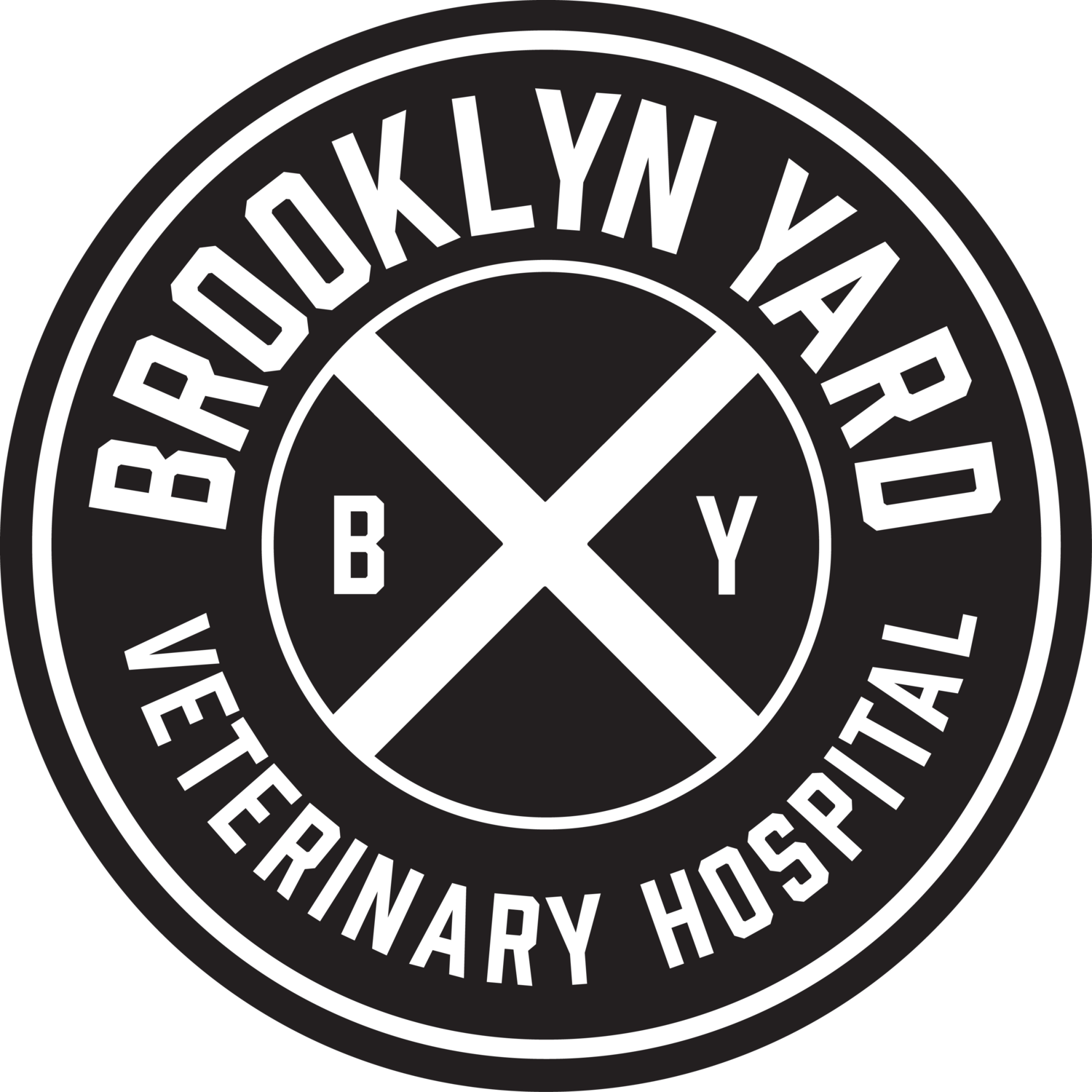Highly Pathogenic Avian Influenza (HPAI)
Updated 2/20/2025
Click below for the latest HPAI updates:
Oregon Veterinary Medical Assoication (OVMA)
Oregon Department of Agriculture (ODA)
HPAI confirmed cases from the following foods:
Wild Coast LLC – Boneless Free Range Chicken Formula. Lots #22660 and #22664 – Best By Date 12/2025
Northwest Naturals brand 2lb Feline Turkey Recipe raw & frozen pet food. The recalled product is packaged in 2-pound plastic bags with “Best if used by” dates of 05/21/26 B10 and 06/23/2026 B1
Highly pathogenic avian influenza (HPAI) is a disease that is highly contagious and often deadly in poultry, caused by highly pathogenic avian influenza A viruses (such as H5N1 and H5N9). HPAI viruses can be transmitted by wild birds to domestic poultry and other bird and animal species, including cats. Although avian influenza viruses do not normally infect humans, human infections have occurred. HPAI has been detected in livestock in multiple states.
Cats, including both domestic and wild cats, are particularly sensitive to H5N1 avian influenza, and care should be taken not to expose these animals to the virus. Dogs can also contract H5N1, although they appear less susceptible to the virus than cats.
Cats have contracted HPAI through foods such as unpasteurized milk or raw or undercooked meats. Currently, it is recommended that cats should not be fed any products that have not been thoroughly cooked or pasteurized. Cats should also be kept from hunting and consuming wild birds.
Tips to help protect your pet from HPAI:
Do not feed your pet undercooked or raw meat, including uncooked or freeze-dried meat-based diets, treats, or animal products.
Do not feed your pet raw (unpasteurized) milk or colostrum.
Keep pets away from wild birds, poultry, and cattle (especially in areas with known H5N1 outbreaks).
Prevent pets from eating birds or other wild animals.
Wash your hands after touching raw meat and after interacting with poultry, livestock or animals outside your household.
Consider changing clothing and shoes after interacting with animals or birds with unknown health status and before interacting with your own pets.
Contact your veterinarian if your pet appears sick. Tell your veterinarian if your pet has been exposed to raw meat, raw milk, or wild waterfowl.
Seek veterinary care if your cat or dog appears to have any of the following symptoms of illness, especially if the pet has eaten raw or unpasteurized foods or has had contact with wild birds or poultry:
Fever
Lethargy
Low appetite
Reddened or inflamed eyes
Discharge from the eyes and nose
Respiratory distress
Neurologic signs, like tremors, seizures, incoordination, or blindness
Cats appear to be particularly susceptible to severe illness, often resulting in death. Whether infected cats can infect other cats is currently unclear; however, that possibility cannot be dismissed. The risk of cat-to-human transmission is considered extremely low, but may increase with prolonged, unprotected exposure to infected animals.
Because this virus has zoonotic potential, the ODA has provided hospitals that see more emergency and urgent care cases sampling and personal protective equipment (PPE) kits. If your cat is showing any of the above symptoms and has had exposure to wildlife or has consumed raw food, please call for guidance as we may refer you to a facility that has isolation capabilities and is set up for testing and reporting.
